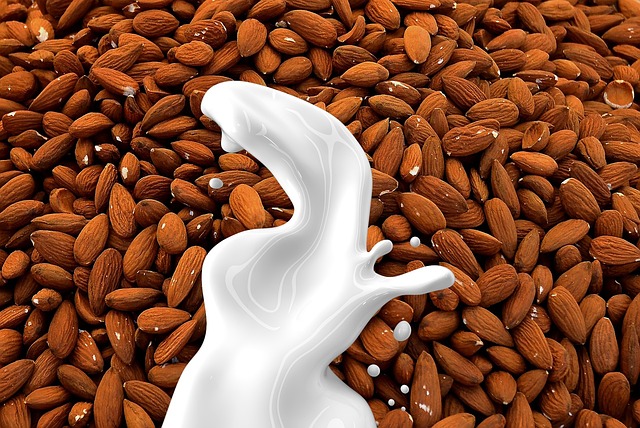As you plunge your fork into a crisp green salad, savor the gentle crunch of fresh bell peppers or spoon out creamy dollops of hummus, you might be unknowingly part of an escalating global revolution. A revolution that’s subtly altering dinner plates around the world – the plant-based diet movement. Fuelled by an increased awareness about health, ethics, and environmental sustainability, the narrative once dominated by juicy steaks, sizzling bacon, and barbequed chicken wings is gradually being rewritten. Stepping up to the dietary stage are fruits, vegetables, grains, nuts, and seeds that offer a symphony of flavorful depth and nutritional abundance. But is a plant-based diet fitting for everyone? Is it merely a trendy fad or a sustainable lifestyle choice? Strap in, as we stir up a conversation on the inviting benefits of plant-based diets and the practical considerations worth pondering.
Unleash the power buried within those leafy greens, crunchy nuts, and juicy fruits. Opting for a plant-based diet offers numerous benefits from improving cardiovascular health to preventing chronic illnesses such as diabetes and cancer. This nature-inspired diet, packed with a riot of colors, is not just kinder to the planet but nourishes you with essential nutrients like protein, Omega-3, iron, and calcium, all derived from vibrant vegetables, whole grains, and plant proteins. A plant-based diet is a prescription for a healthier you and a healthier planet.
The real art, however, lies in maintaining a well-balanced plant-based diet that touches all the vital nutrients needed for your wellbeing. Not all plants are created equal and it’s critical to have varied sources, ensuring you’re not neglecting any key nutrients. It’s equally important to pace your transition towards a plant-based diet. There’s no ‘one size fits all’ approach, and it should be tailored based on your current diet, lifestyle, and health conditions. The shift may be gradual. Start by replacing a few meals per week with plant-based alternatives, and gradually escalate from there. Embrace the green, embrace the power of plants.
- Cardiovascular health is improved with a plant-based diet due to the vast consumption of fruits and vegetables that are rich in heart-healthy nutrients.
- Chronic illnesses like diabetes and cancer can be prevented by opting for a diet rich in whole grains, nuts, and legumes that are known to be packed with fiber, vitamins, and minerals essential for overall health.
- Packed with an array of important nutrients, a plant-based diet can help you prevent nutrient deficiencies. It can be a rich source of protein, Omega-3, iron, and calcium.
- The transition to a plant-based diet should be gradual and tailored based on your current diet and lifestyle.
In the heart of the emerald garden of life lies the essence of our exploration; a love letter to Mother Nature’s nourishing plants, interwoven with the threads of our own wellbeing. Along this gastronomic journey of plant-based diets, we have savored the sweetness of benefits and navigated the tang of considerations with a generous sprinkling of science. Indeed, the embrace of ‘green on our plates’ can whisper promises of better health, kinder environment and a compassionate world. Yet, it demands from us a careful balancing act of nutrients and supplements. Our journey, our choice. As the curtains descend on our leafy sojourn, remember that the path to health isn’t about rigid labels or swift extremism, but about small steps leading to sustained habits and informed choices. So, take a moment. Listen to your body. Respect the planet. Harvest the knowledge seeded within this article and let it guide your culinary compass. Bon Appétit, dear reader.
This has been your foray into the verdant realms of plant-based diets – where food intertwines with health, and lifestyle forms a deep-rooted partnership with consciousness. Until we meet again, may your meals be fresh, your conscience clear, and your spirit ever open to the endless positive possibilities of the all-embracing nature of plant-based diets.














